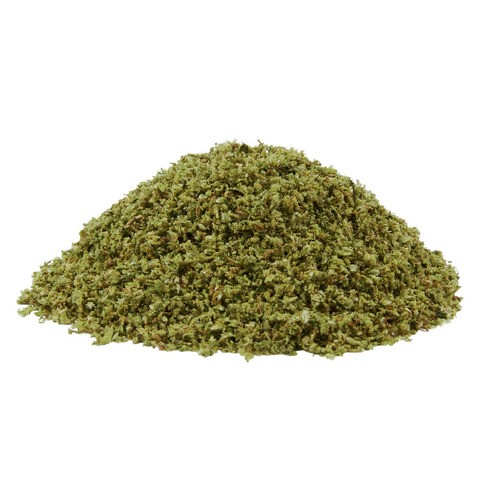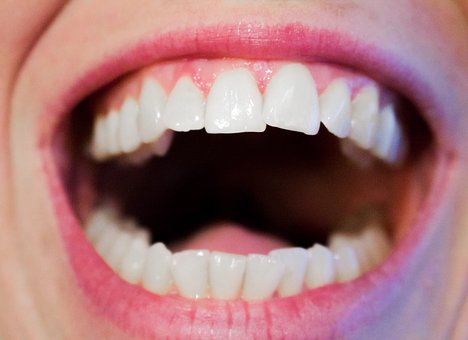Porcelain veneers are a popular cosmetic dentistry option for achieving a beautiful, natural-looking smile. These thin shells of porcelain are custom-made to cover the front surface of your teeth, improving their appearance and enhancing your confidence. While porcelain veneers are durable and resistant to staining, proper care and maintenance are essential for ensuring their longevity and maintaining optimal oral health. In this article, we’ll explore essential care tips to help you maintain your porcelain veneers effectively.
1. Practice Good Oral Hygiene
Just like your natural teeth, porcelain veneers require regular care to keep them in excellent condition. Good oral hygiene practices include:
- Brushing: Brush your teeth at least twice a day using a non-abrasive fluoride toothpaste. This will help remove plaque and prevent gum disease, which is crucial for the health of your veneers.
- Flossing: Floss daily to clean between your teeth and along the gum line. This step is vital to prevent plaque buildup, which can lead to gum irritation and affect the longevity of your veneers.
- Mouthwash: Use an alcohol-free mouthwash to help kill bacteria and freshen your breath without damaging the bonding material of your veneers.
2. Avoid Hard and Sticky Foods
One of the most significant advantages of porcelain veneers is their durability, but they can still be damaged by certain foods. To protect your veneers, consider the following:
- Avoid Hard Foods: Steer clear of hard foods such as nuts, hard candies, and ice. Biting down on these items can chip or crack your veneers.
- Be Cautious with Sticky Foods: Foods like caramel and taffy can stick to your veneers and potentially pull them off. If you consume these foods, rinse your mouth with water afterward to minimize residue.
- Cut Your Food: Instead of biting directly into hard fruits or vegetables, cut them into smaller pieces. This approach reduces the risk of damaging your veneers.
3. Regular Dental Check-Ups
Scheduling regular dental check-ups is vital for maintaining your porcelain veneers and overall oral health. During these visits, your dentist will:
- Inspect Your Veneers: Your dentist will check the condition of your veneers, ensuring they are securely bonded and free from damage.
- Professional Cleaning: Regular professional cleanings will help remove plaque and tartar buildup, keeping your teeth and gums healthy.
- Monitor Oral Health: Your dentist can identify any potential issues early on, such as gum disease or cavities, which can impact your veneers.
Aim to visit your dentist at least twice a year for comprehensive evaluations and cleanings.
4. Avoid Staining Agents
While porcelain is more resistant to stains than natural tooth enamel, it can still become discolored over time due to certain foods and beverages. To maintain the bright appearance of your veneers, consider the following tips:
- Limit Staining Foods and Drinks: Be cautious with foods and drinks that are known to stain teeth, such as coffee, tea, red wine, and dark berries. If you consume these items, rinse your mouth with water afterward.
- Use a Straw: When drinking beverages that may stain, use a straw to minimize contact with your veneers.
- Regular Cleaning: If you notice any staining, consult your dentist about professional cleaning options or at-home whitening products safe for veneers.
5. Use the Right Dental Products
Choosing the right dental products is crucial for maintaining your porcelain veneers. Here are some recommendations:
- Non-Abrasive Toothpaste: Use a non-abrasive toothpaste that is specifically designed for veneers. Avoid whitening toothpastes, as they can contain harsh ingredients that may damage the surface of your veneers.
- Soft-Bristled Toothbrush: Opt for a soft-bristled toothbrush to gently clean your teeth and veneers without causing wear or damage.
- Dental Tools: If you use dental tools like interproximal brushes or picks, ensure they are designed for use with veneers to avoid scratching or damaging the surface.
6. Be Mindful of Habits
Certain habits can negatively impact the longevity of your porcelain veneers. Here are some common habits to avoid:
- Nail Biting: Biting your nails can put undue pressure on your veneers, leading to chips or fractures. Consider stress-relief techniques to curb this habit.
- Using Teeth as Tools: Avoid using your teeth to open packages or bottles, as this can damage your veneers and natural teeth.
- Teeth Grinding: If you grind your teeth (bruxism), speak to your dentist about obtaining a nightguard. Grinding can lead to wear and tear on your veneers and natural teeth.
7. Know When to Replace Your Veneers
While porcelain veneers are durable, they may eventually need to be replaced due to wear or damage. Here are signs that it may be time to consider replacement:
- Visible Damage: If you notice chips, cracks, or any significant wear on your veneers, consult your dentist for an evaluation.
- Discoloration: If your veneers become discolored despite good care, they may need to be replaced to restore their appearance.
- Loose Veneers: If you feel any looseness in your veneers, seek dental attention promptly to prevent further issues.
Conclusion
Maintaining your porcelain veneers requires commitment and attention to oral hygiene. By practicing good dental care, avoiding damaging habits, and regularly visiting your dentist, you can ensure your veneers remain in excellent condition for many years. Remember that a beautiful smile not only enhances your confidence but also contributes to your overall oral health. If you have any questions about caring for your porcelain veneers, don’t hesitate to reach out to your dental professional for personalized guidance and recommendations. With proper care, your porcelain veneers can provide you with a stunning smile that lasts a lifetime.



